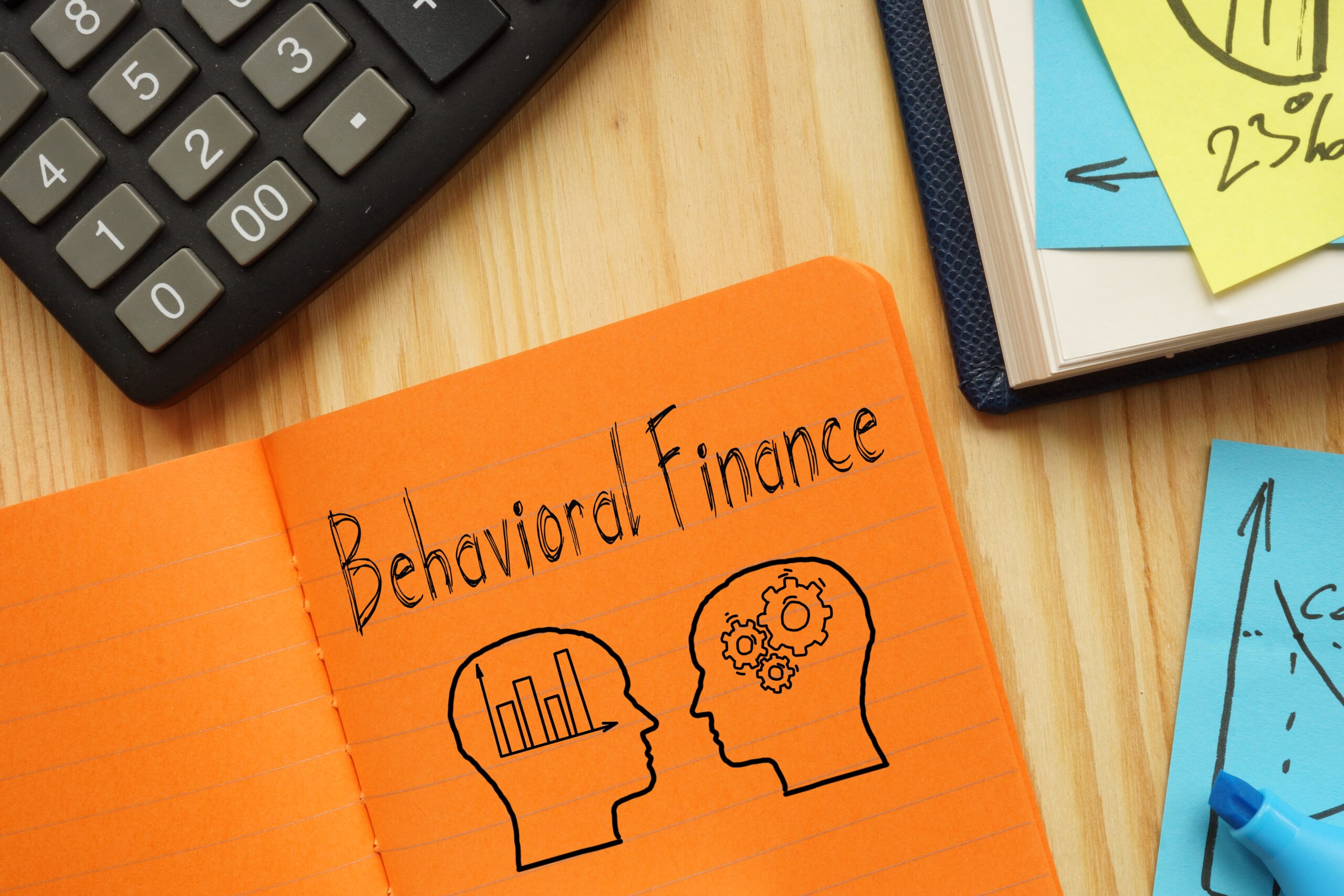
Mike Rodenbaugh
It has long been common knowledge that making emotional investing and money decisions can lead to poor results. The field of behavioral finance has only more recently begun to document and quantify the impact.
A presidential election is always a source of uneasiness for investors. Add to that our current backdrop of economic and geopolitical uncertainty and you get an environment fraught with opportunities to make decisions based on emotion or the behavioral biases that live within all of us.
Therefore, I thought this might be a good time to share some of my favorite investing quotes and fun facts, in the hopes that at least one might resonate with you and help you navigate whatever negative or positive thoughts, news, or predictions come your way in the coming days, weeks, and months (and yes, years and decades as well!).
Maintaining Discipline in the Face of Volatile Markets and Scary Headlines
Humans are hardwired to be bad at this. Our fight or flight response kicks in during moments of fear, telling us “do something!” when, in fact, doing nothing is very likely the better approach. This is easier said than done. A few financial firms have attempted to quantify the impact of bad timing decisions investors make. Vanguard estimates the “cost” of bad investing behavior at up to 2% of portfolio value per year while Russell Investments estimates the return differential at 2.54% per year. Morningstar reports two sets of returns for mutual funds: the actual fund return and what they call “investor return.” This is Morningstar’s estimate of what end-investors actually earn based on fund inflow/outflow data. In aggregate, their most recent measurement is that investor returns lag the actual fund returns by 1.1% per year.
A genius is the man who can do the average thing when everyone else around him is losing his mind.
– Napoleon
Save like a pessimist and invest like an optimist.
– Bill Gates
Your success as an investor will be determined by how you respond to punctuated moments of terror, not the years spent on cruise control.
– Morgan Housel, author of The Psychology of Money
Be fearful when others are greedy, and be greedy when others are fearful.
– Warren Buffett
Tuning out the Noise
This is a difficult task. We are bombarded with information from the 24-hour news cycle, friends and colleagues, and social media. Bad news easily catches our attention because we feel the pain of losses more intensely than the pleasure of gains. Remind yourself that bad news is priced into markets far more quickly than you can react.
The fact that bad news travels ten times faster than good news is what separates investors from market returns.
– Michael Batnick, financial blogger/podcaster
Pessimism just sounds smarter and more plausible than optimism. Tell someone that everything will be great and they’re likely to either shrug you off or offer a skeptical eye. Tell someone they’re in danger and you have their undivided attention.
– Morgan Housel, author of The Psychology of Money
All of us would be better investors if we just made fewer decisions.
– Daniel Kahneman, author of Thinking, Fast and Slow
Your portfolio is like a bar of soap – the more you handle it, the less of it you’ll have
– Eugene Fama, professor and Nobel laureate in economic sciences
Remember your Time Horizon
Keep in mind that we’re not risking capital in the markets that can’t stay invested for several years, allowing ample time for price recovery. We know from experience that, at some point, riskier portfolios will suffer losses of 20%, 30%, 40% or more in a year. It’s not if, but when. We also know that, despite these losses, riskier portfolios will deliver higher returns over longer periods of time, which is often the only period that is relevant.
Time in the market beats timing the market.
– Ken Fisher, investment manager
Everybody in the world is a long-term investor until the market goes down.
– Peter Lynch, investment manager
We are here to support you in your financial journey in
any way we can. Please reach out if you
need any reassurance about your portfolio strategy, maintaining discipline,
tuning out the noise, or anything else!

